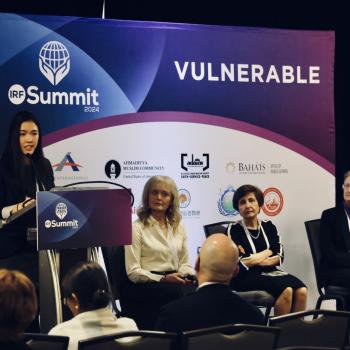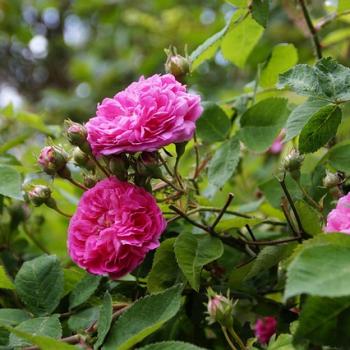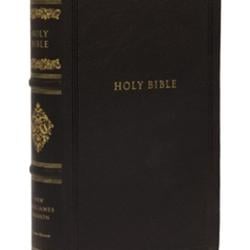By Cory Ellen Gatrall
The Order of the Golden Dawn, The Reformed Druids of North America, The Church of All Worlds - pagans come in many stripes, and often in plaid. Although the origins of modern paganism are usually traced to Gerald Gardner, who claimed to have been initiated by the remnants of an ancient British "witch-cult" in the late 1930s, today pagans claim their spiritual lineage from all over the globe. They vary widely in ritual practice and doctrine, but, as might be expected from members of a movement that came of age in the 1960s and 70s, tend to share a tradition of social liberalism.
Queer people have often been attracted to Paganism for just this reason; its eclectic membership and traditions, as well as its usually egalitarian structure, make it a safe spiritual harbor. As civil rights have expanded in some places to include same sex marriage, it seems likely that many of these ceremonies will be performed by pagan officiants. "Even in the most liberal church, [same sex marriage] is still controversial," says Elizabeth Cunningham, author of The Maeve Chronicles and Managing Director of The Center at High Valley, a pagan ritual space. "I don't think they would have that battle in most pagan communities, it just wouldn't exist." At High Valley's recent Beltane ritual, she notes, quite a few same sex couples jumped the bonfire, signifying their romantic commitment to each other.
Sexuality holds a special place in most Neo-Pagan traditions. Some groups, such as Gardnerian Wiccans, believe that there is a male-female polarity in nature which should be reflected in ritual work, but most take a broader, less formalized view. "The Charge of the Star Goddess," a sacred text for many Pagans, decrees that "Love is the law." "For behold," it states, "all acts of love and pleasure are My rituals." This tenet is often cited in discussions of homosexuality and Paganism as evidence for the essential openness of Pagan spiritual paths to those of all sexual orientations.
In the turbulent social milieu of the 1970s, several Pagan traditions were created by and for gays and lesbians. The Minoan Brotherhood, founded in 1977, derives much of its structure and beliefs from the Gardnerian tradition, but its membership is exclusively male, and, according to its website, its rituals are "decidedly homoerotic." Dianic Wicca, also founded in the late 70s, has historically been an exclusively female tradition (though there are a few mixed-gender groups), and while it is not explicitly lesbian, its emphasis on female divinity has attracted a substantial lesbian membership. And of course there are the Radical Faeries, a gay male spiritual and social justice movement which, though not explicitly Pagan, has strong Pagan overtones.
Pagans, not unlike gays and lesbians, have fought for civil and legal acceptance while remaining wary of authority. While Pagan diversity and resistance to hierarchy has been one of its great strengths, it has also meant that there are no formal seminaries through which one can be ordained, as there are for Jewish, Christian, and Muslim religious leaders. Pagan officiants who wish to perform civil marriage must resort to an online ordination or become a Justice of the Peace. Traditional handfastings - the Pagan equivalent of a wedding - have long been performed for same sex couples in many traditions, however, and such ceremonies can only become more frequent as same sex marriage becomes legalized more and more widely.
Over the last seventy years, Neo-Pagans have progressed from disconnected, hidden groups, practicing nervously in countries where their activities were illegal, to a proud and active movement with rights recognized and protected by law. At the same time, queer people have forged a similar path from invisibility to pride, and from oppression to something approximating equality. Gays, lesbians, bisexuals and transgender people enjoy more legal protections and rights now than at any time in modern history. Some Judeo-Christian religious institutions are gradually opening their arms to same sex unions, but the powerful effort of the Mormon Church to pass Proposition 8 in California (which created a constitutional amendment to define marriage as between a man and a woman) exemplifies the intransigence of many churches in this arena. Paganism, in its rainbow of incarnations, remains a welcoming spiritual home for those in same sex relationships. As Cunningham points out, Pagan ritual work is almost always done in circles, and "the definition of the circle is to include."
Cory Ellen Gatrall studied Anthropology at Vassar College, where she ran the Vassar Pagan Study Group, and received her MFA in Creative Writing from Sarah Lawrence College. She has published fiction and poetry, and lives in Los Angeles with her husband and two children.
7/7/2009 4:00:00 AM




